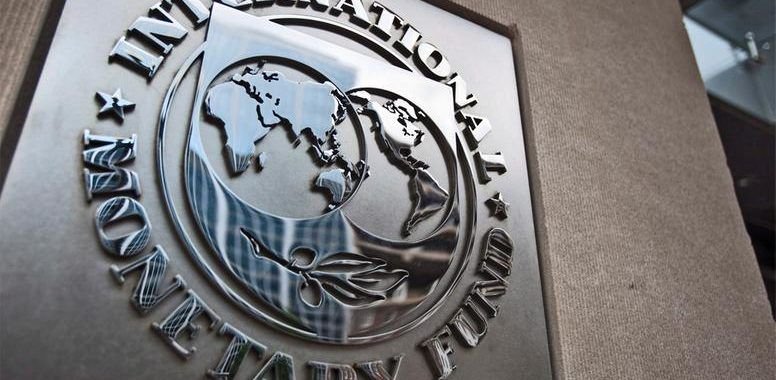The International Monetary Fund has revised its economic forecast for Nigeria, predicting a slowdown in the country’s growth in 2024.
Nigeria’s economy is expected to grow at 2.9% in 2024, maintaining the same growth pace recorded in 2023, according to the latest World Economic Outlook report released on Tuesday.
The latest forecast is a 0.2% decrease from the previous forecast in July and a 0.4% decrease from the previous forecast in April.
This adjustment reflects the IMF’s cautious approach to the challenges facing emerging markets, including Nigeria.
“The revisions reflect slower growth in Nigeria amid weaker-than-expected economic activity in the first half of this year,” the international financial institution said.
However, the IMF also noted that its growth forecast for 2025 is 3.2%, 0.2% higher than forecasts made in July and April this year.
The IMF’s projections for 2024 and 2025 are much lower than the World Bank’s projections.
The latest edition of the World Bank’s recent report, Africa’s Pulse, predicts that Nigeria’s gross domestic product will expand by 3.3% in 2024, accelerating slightly to 3.6% in 2025-2026.
“Nigeria’s economic growth rate is projected to be 3.3% in 2024 and 3.6% in 2025-26, as macroeconomic and fiscal reforms are gradually beginning to bear fruit,” the report said. are. Inflation peaked in June 2024 (34.2% year-on-year), slowed further to 33.4% in July and 32.2% in August. ”
However, Nigeria’s inflation rate is expected to decline from an average of 32.55% in 2024 to 25% by 2025, according to the IMF.
At a press conference announcing the World Economic Outlook (WEO) at the IMF/World Bank Annual Meeting in Washington, DC, the IMF said it is encouraging countries facing high inflation, including Nigeria, to provide financial aid to stabilize their economies. He urged the adoption of a tightening policy.
Pierre-Olivier Grinchat, Economic Advisor and Director of Research at the IMF, emphasized the need to balance monetary and fiscal policy to tackle the challenges of inflation and debt.
“In countries with very high inflation rates, we recommend a tightening monetary stance. In some cases, fiscal consolidation can be helpful where possible, but this is complicated by the trade-offs faced by many countries. It will be.”

